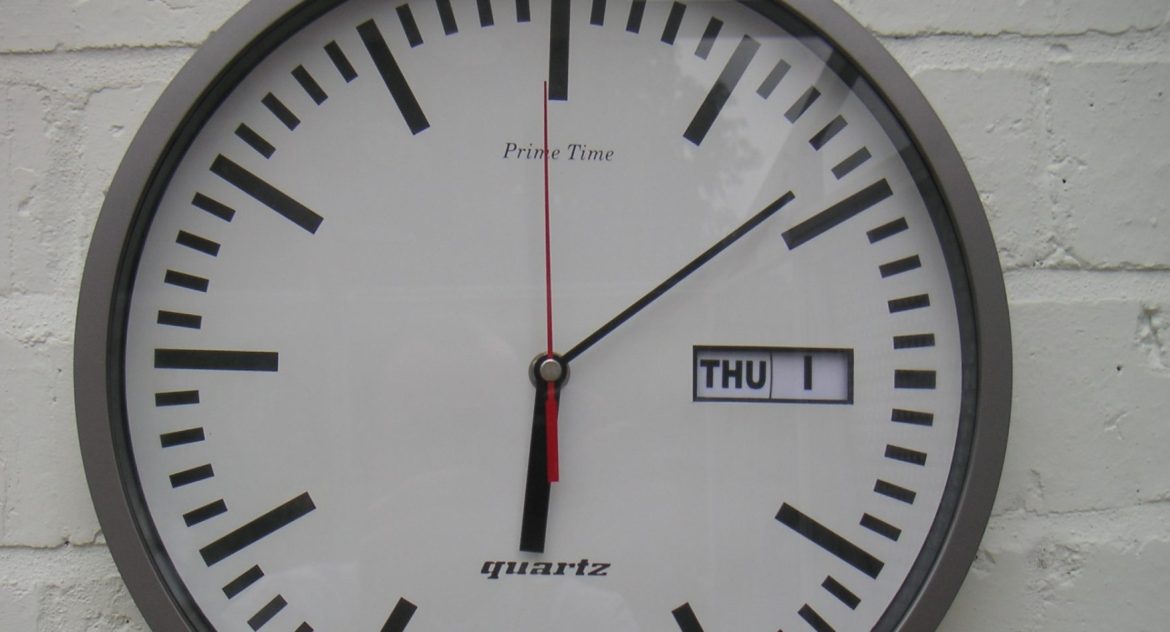“Why can’t I just do it?
Does that sound familiar? There are these certain tasks that you just never seem to get to. Paying bills? Cleaning? Opening emails? You always know in the back of your mind that they’re there, and that you’d benefit from doing them, but they keep getting pushed away.
Procrastination can lead to problems, but you probably don’t need me to tell you that. There are the direct consequences of shunning tasks — sometimes minor, sometimes more serious. The house gets dirtier, a business relationship suffers from lack of your attention, creditors start phoning you. There’s also the hit we take to our self-esteem:
“I know I can do this thing, but I never do. What’s wrong with me?”
Nothing’s wrong with you. You’re procrastinating for good reasons.
Big words, I know. But bear with me.
I’m going to suggest that procrastination — staying away from certain select tasks — is just one flavor of avoidance. And avoidance is always about an experience that we don’t want to have. Think for a second about some of the tasks that you tend to procrastinate. Imagine yourself doing them, and what sort of experience do you predict having?
“If I start to read all those unopened emails I’ll get overwhelmed with all of the new replies I’ll have to give.”
“If I start cleaning, I’ll be bored out of my skull.”
“If I open the bills, I’ll have the terrifying moment when I realize I don’t have enough money.”
When you’re procrastinating, all you’re doing is avoiding an experience you know you don’t want to have.
Which makes sense! Who would sign on to feel bored, or scared, or overwhelmed, voluntarily? So it feels much better, in the moment, to skip the experience, not do the task, avoid the aversive feeling.
And it works. Pretty much every time. You successfully avoid the feeling you don’t want to have. The only problem is the consequences.
Let’s look at a few approaches to the problem.
Once you identify the type of experience you haven’t been willing to have, first let’s notice that our prediction about how something will feel in the future isn’t always accurate. Have you had that happen?
“I thought this was going to unbearable, but once I got started it actually wasn’t as bad.”
Option #1: Start the activity, and notice that it wasn’t as bad as you feared.
Sometimes, though, the experience of the tasks really is as unpleasant as we thought. It truly is boring, or scary, or overwhelming, or sad, or angering. In that case, how do we prepare ourselves for that feeling, and have a coping strategy?
“Once I see all the emails I have to return, it will feel overwhelming for a bit. Then I’ll prioritize them, reply to three at a sitting, take a five-minute break, then do three more, and so on.”
“When I start cleaning I’ll be bored. I’ll deal with this by putting on music while I clean.”
Important distinction: The experiences we avoid by procrastinating tend to be unpleasant, but survivable So establish how you’ll adjust the experience from intolerable to tolerable (thought unpleasant).
Option #2: Prepare a coping strategy for the unpleasant experience you anticipate. Do what you can to make it tolerable.
Finally, let’s recognize that some tasks are unpleasant enough that they are worth avoiding — that the consequences aren’t as bad as the experience of the task itself, or perhaps we can delegate them. If you accept that you’re just not going to do the thing, what practical strategies do you need to cope with that reality?
Radical Option #3: Let go of the task, accept that you’ll never do it, and adjust your life accordingly.
Pick a task that you’ve been putting off, try one of these three strategies as an experiment, and see what happens.

